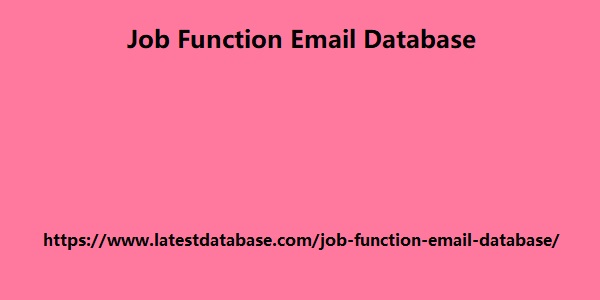Post by account_disabled on Feb 20, 2024 5:53:58 GMT
Companies are bracing for the impact of the world's first carbon border tax, which will impose bureaucracy that will cost millions for those importing into the EU as protectionist trade measures increase around the world. The Carbon Border Adjustment Mechanism (CBAM), which will enter a trial phase on October 1, will cost companies up to €27 million a year to administer, according to European Commission estimates set out when it was first proposed. time the tax. But several companies and trade bodies have warned that the true cost is impossible to estimate given the scale of paperwork required and changes to current contracts and procedures. The reporting document templates, seen by the Financial Times, include forms with 10 sections to complete for each importer.
The tax is designed to equalize costs for European producers, who face rising charges for greenhouse gas emissions under the emissions trading system, while companies import into the bloc. It Job Function Email Database will cover iron, steel, cement, aluminum, fertilizers, hydrogen and electricity generation and will come into full force from 2026 after the testing phase. The commission has argued that the move will encourage other countries to introduce carbon pricing measures. It is designed to address the pollution behind global warming and limit carbon emissions that increase every year. Commission President Ursula von der Leyen has also been pushing for a global carbon price at events such as the UN General Assembly this month. But a study by The Conference Board, a corporate-funded think tank, released.

Thursday warned that the tax would create bottlenecks for importers given staffing constraints at customs authorities and a lack of expertise in checking carbon emissions. , which must be reported quarterly. CBAM “adds a constant burden on European companies, generating additional expenses for them, while non-EU exporters will have to invest significantly in their carbon reporting systems,” said Anuj Saush of TCB, who said that around of 1,000 EU importers be affected. There are only 105 verifiers in the EU and six member states have none, TCB said. More than 80 percent of businesses surveyed said prices would have to increase for customers as a result of the tax.
The tax is designed to equalize costs for European producers, who face rising charges for greenhouse gas emissions under the emissions trading system, while companies import into the bloc. It Job Function Email Database will cover iron, steel, cement, aluminum, fertilizers, hydrogen and electricity generation and will come into full force from 2026 after the testing phase. The commission has argued that the move will encourage other countries to introduce carbon pricing measures. It is designed to address the pollution behind global warming and limit carbon emissions that increase every year. Commission President Ursula von der Leyen has also been pushing for a global carbon price at events such as the UN General Assembly this month. But a study by The Conference Board, a corporate-funded think tank, released.

Thursday warned that the tax would create bottlenecks for importers given staffing constraints at customs authorities and a lack of expertise in checking carbon emissions. , which must be reported quarterly. CBAM “adds a constant burden on European companies, generating additional expenses for them, while non-EU exporters will have to invest significantly in their carbon reporting systems,” said Anuj Saush of TCB, who said that around of 1,000 EU importers be affected. There are only 105 verifiers in the EU and six member states have none, TCB said. More than 80 percent of businesses surveyed said prices would have to increase for customers as a result of the tax.
